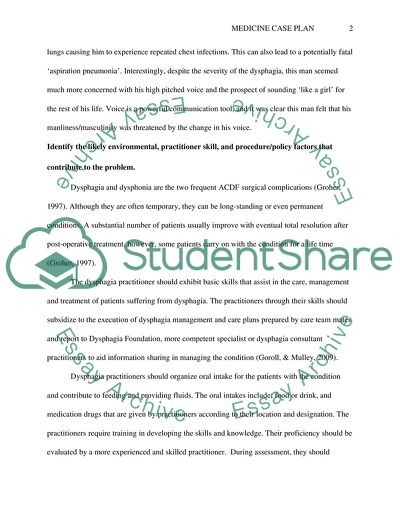Cite this document
(Health Science and Medicine Plan Case Study Example | Topics and Well Written Essays - 2000 words - 1, n.d.)
Health Science and Medicine Plan Case Study Example | Topics and Well Written Essays - 2000 words - 1. https://studentshare.org/health-sciences-medicine/1844018-case-plan-scenario
Health Science and Medicine Plan Case Study Example | Topics and Well Written Essays - 2000 words - 1. https://studentshare.org/health-sciences-medicine/1844018-case-plan-scenario
(Health Science and Medicine Plan Case Study Example | Topics and Well Written Essays - 2000 Words - 1)
Health Science and Medicine Plan Case Study Example | Topics and Well Written Essays - 2000 Words - 1. https://studentshare.org/health-sciences-medicine/1844018-case-plan-scenario.
Health Science and Medicine Plan Case Study Example | Topics and Well Written Essays - 2000 Words - 1. https://studentshare.org/health-sciences-medicine/1844018-case-plan-scenario.
“Health Science and Medicine Plan Case Study Example | Topics and Well Written Essays - 2000 Words - 1”. https://studentshare.org/health-sciences-medicine/1844018-case-plan-scenario.


